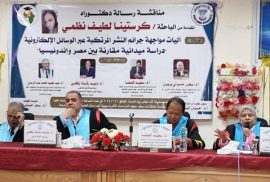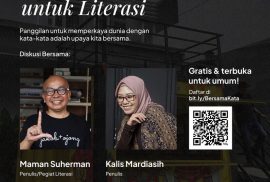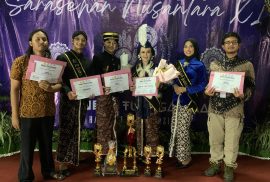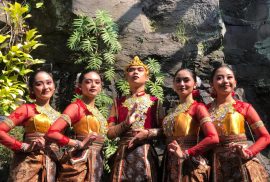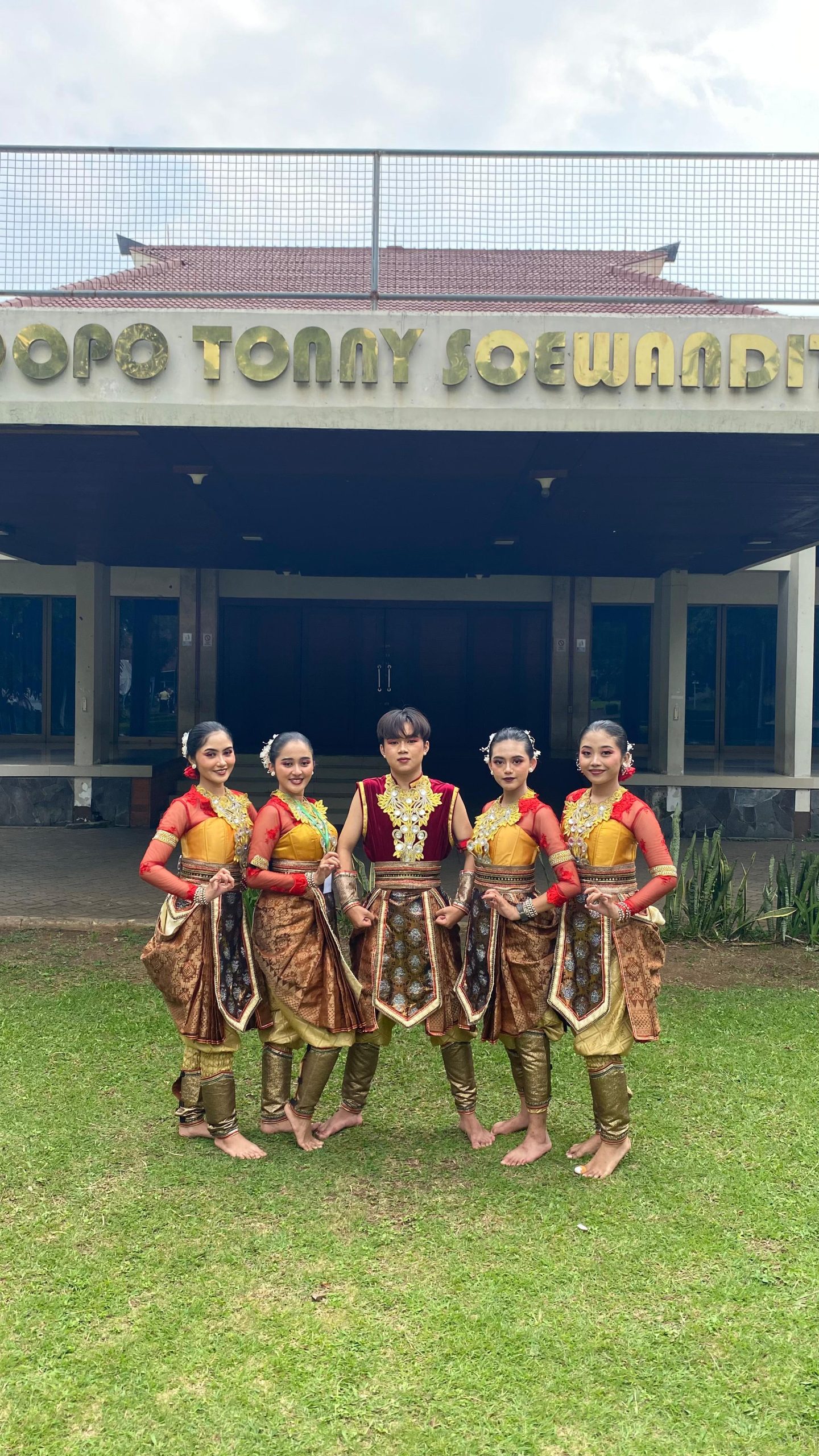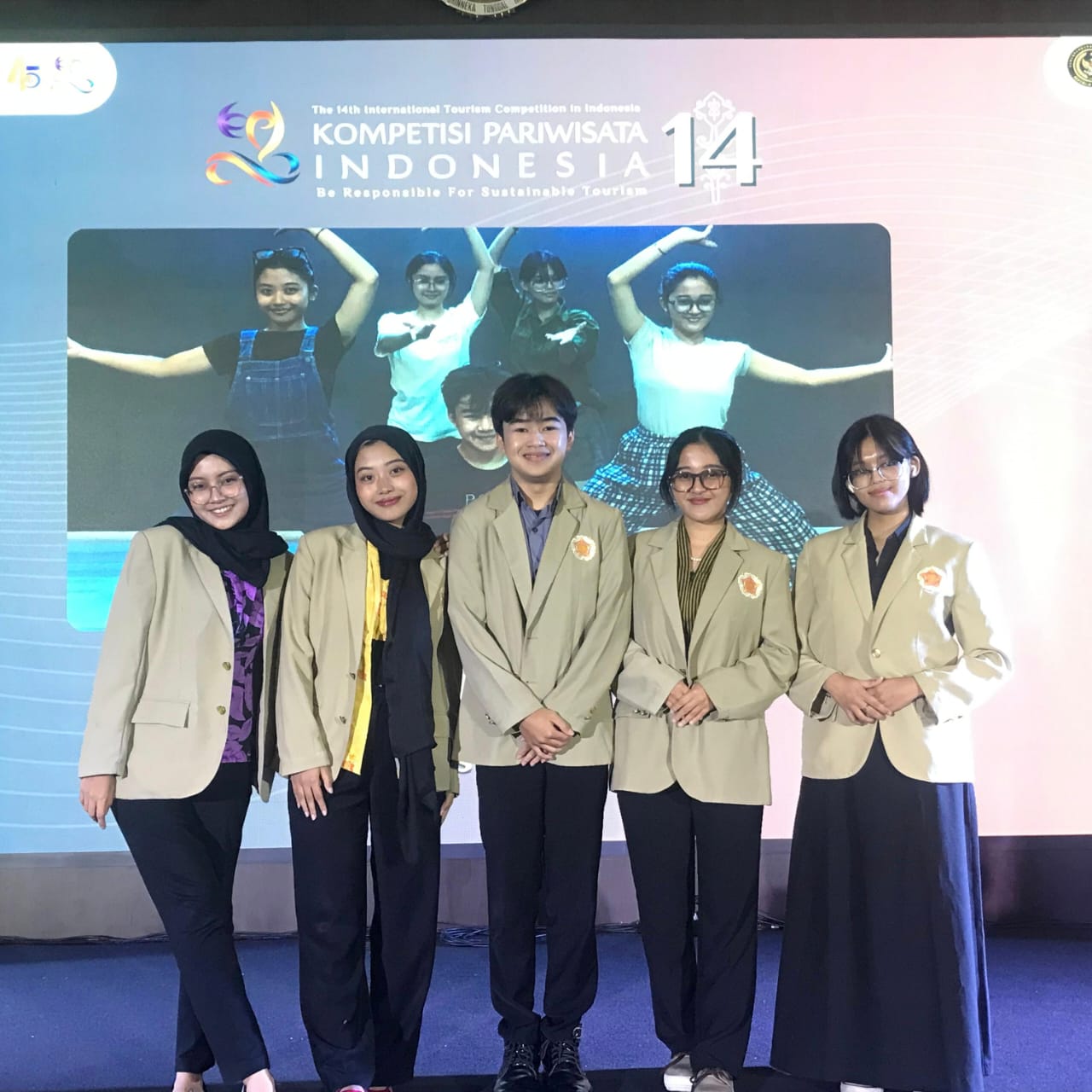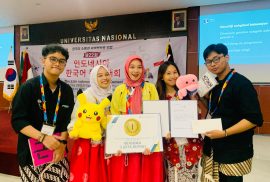Professor of the Middle Eastern Cultural Studies Master’s Program at UGM, Prof. Dr. Sangidu, M.Hum., was invited as a guest lecturer and dissertation examiner as well as the promoter for an Egyptian student, Kristena Lateef Nazmy, in the Community and Humanities Studies Program, Department of Social and Psychological Research and Studies, Suez Canal University. The dissertation defense was held on Saturday, June 1, 2024, at the Central Office of the Institute of Afro-Asian Studies, Suez Canal University – Egypt, with the dissertation titled ‘Mechanisms of Confronting Publishing Crimes Committed through Electronic Means: A Comparative Field Study between Egypt and Indonesia’.
This exchange of promoters and examiners is part of the cooperation between Universitas Gadjah Mada and Suez Canal University. It should be noted that Universitas Gadjah Mada and Suez Canal University have been cooperating since 2005. This collaboration was initiated by Middle Eastern Cultural Studies lecturers, Prof. Dr. Sangidu, M.Hum., and Prof. Syamsul Hadi, S.U, who was then the Dean of the Faculty of Cultural Sciences, Universitas Gadjah Mada. The realization of cooperation between the two universities in the implementation of the Tri Dharma of Higher Education (Education, Research, and Community Service) has been extensive, including the Indonesia-Egypt Student Exchange Program, Public Lectures in the fields of Arabic Language, Literature, and Culture, Collaborative Research and Community Service, and the establishment of the Middle Eastern Cultural Studies Program in 2019. It is hoped that this ongoing cooperation will optimize the long-term positive contributions between both parties.

